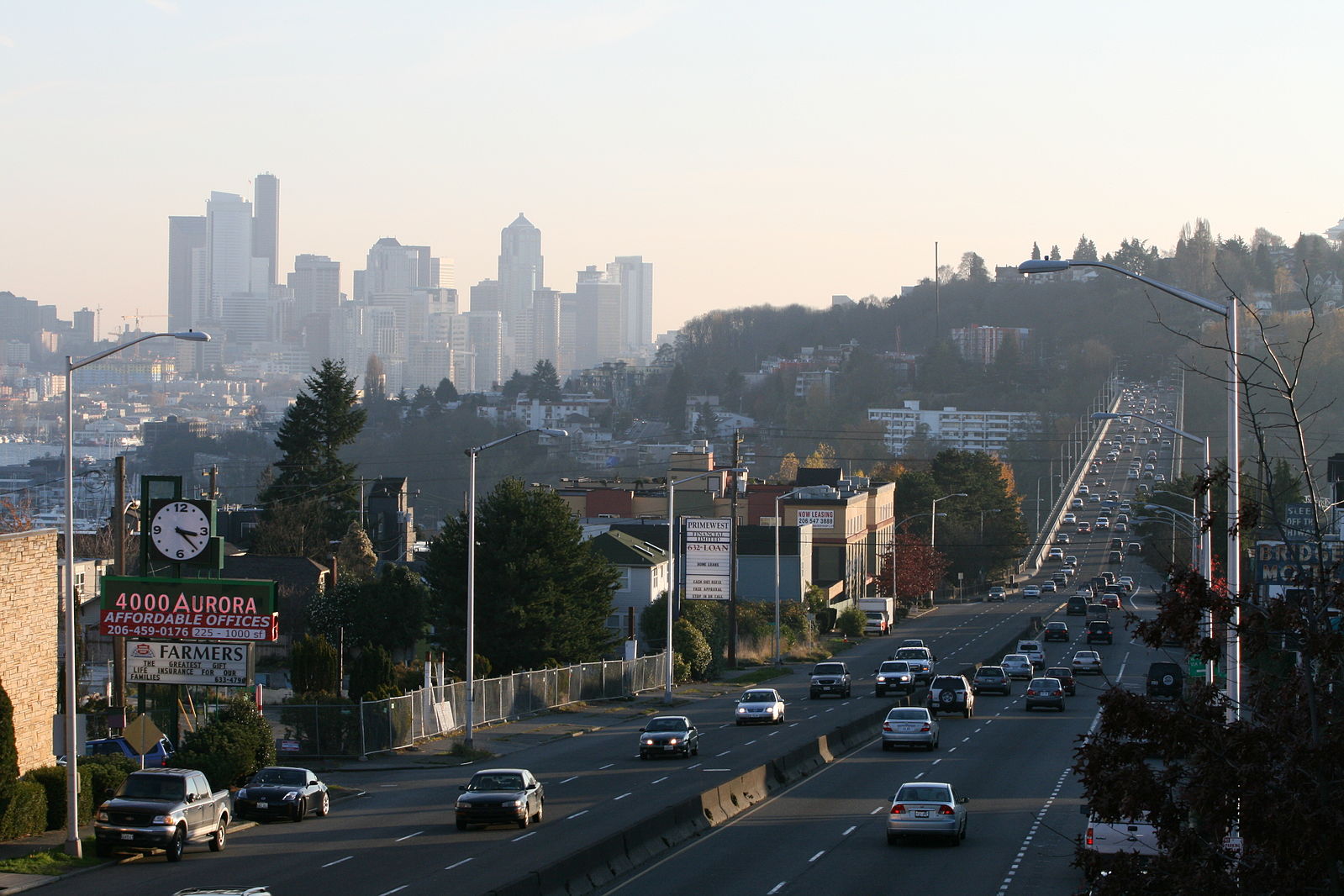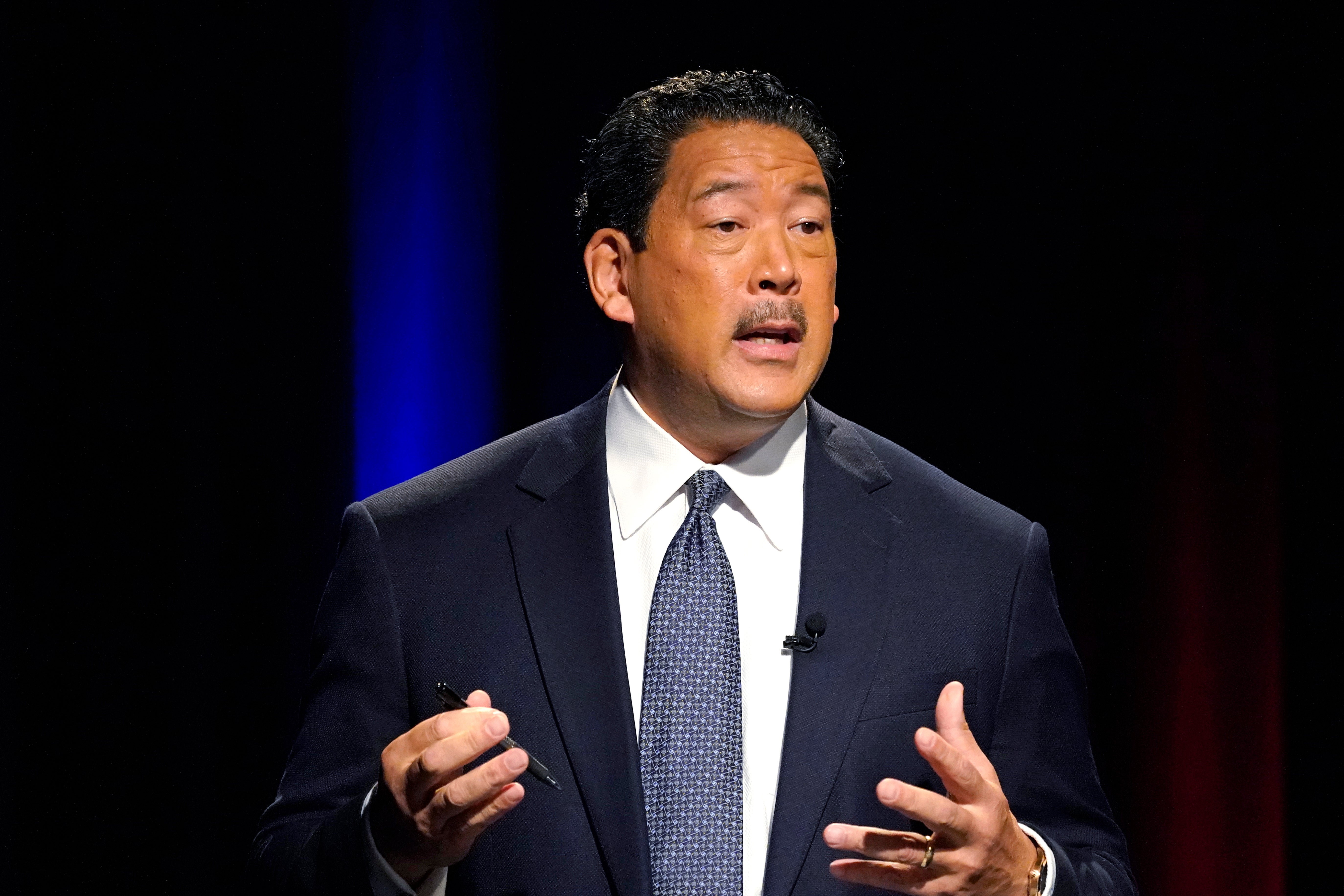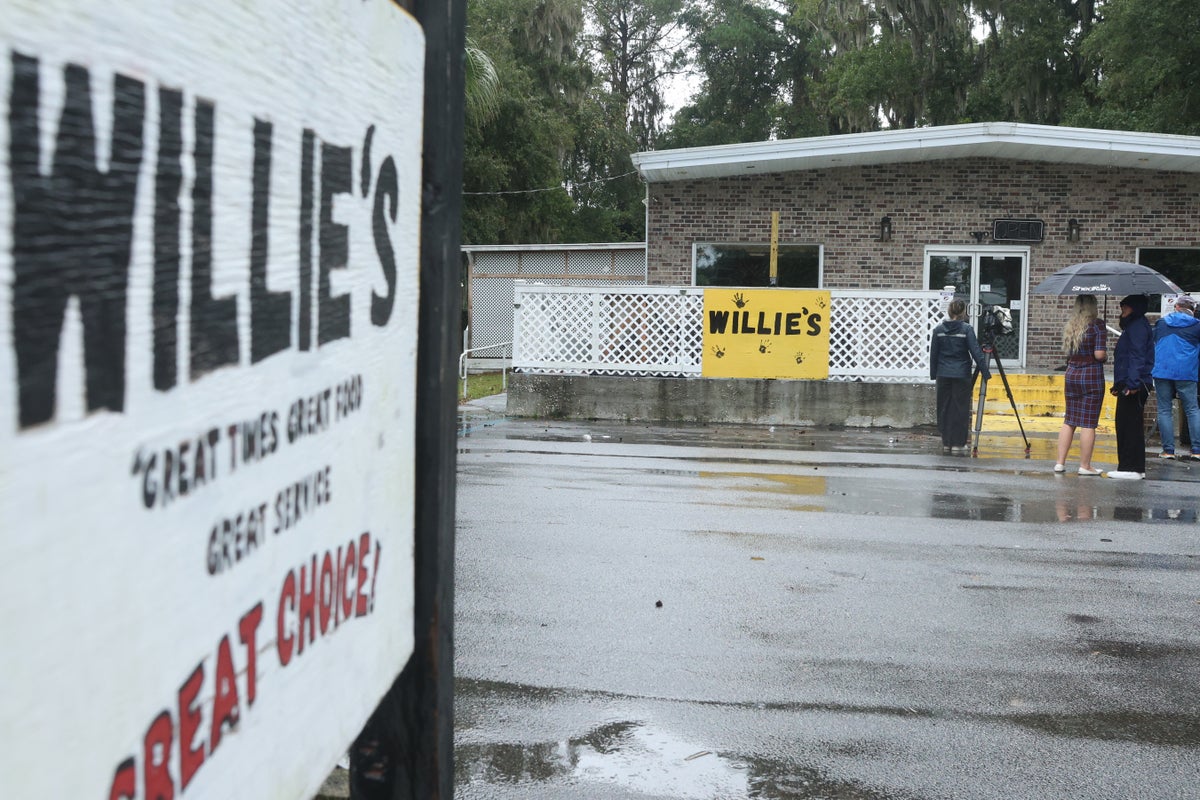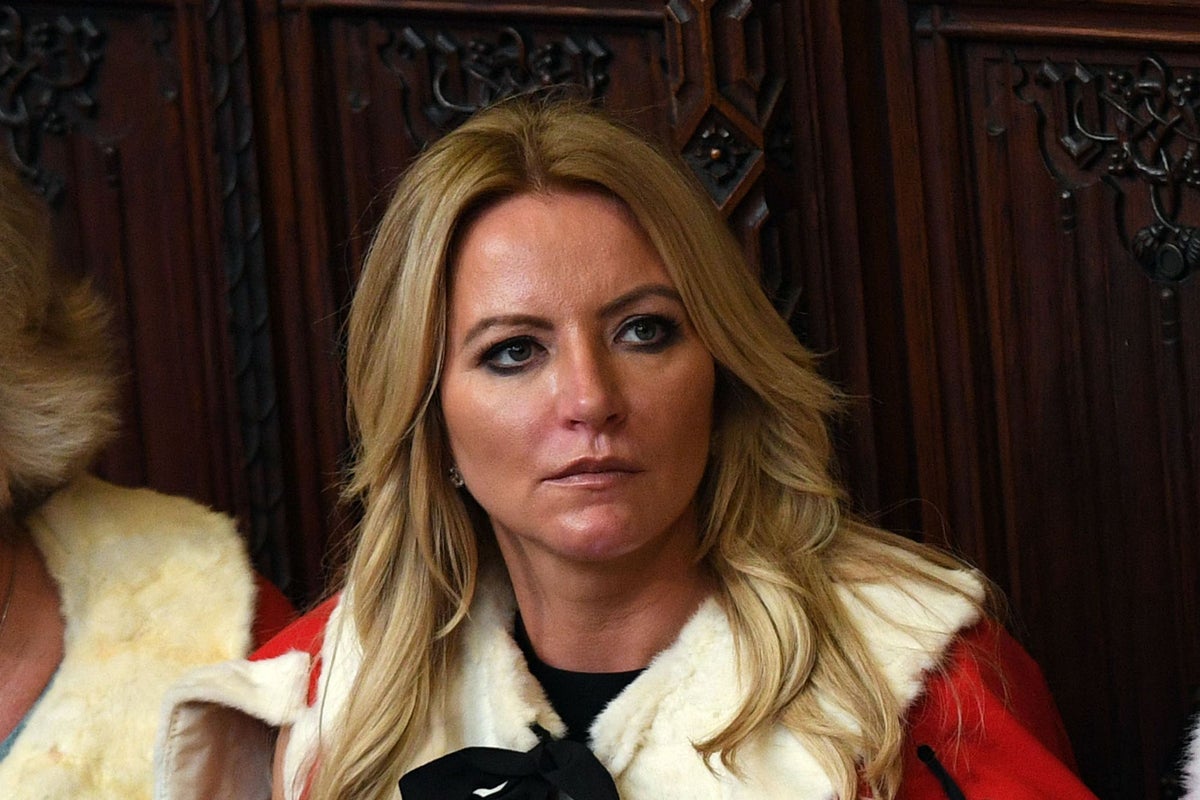Authorities in Seattle are looking to crack down on prostitution in the city - with sternly-worded letters.
The “John Letters” will be distributed to registered owners of vehicles observed by law enforcement to be engaging with sex workers on Aurora Avenue North, an area of the city known as a hub for a “high volume of sexual exploitation activity.”
The letters will include the name, make and model of vehicle, and license, as well as the date, time and location of the suspected illegal exploitation. Photos of the alleged activity are also included.
“Sexual exploitation is not a victimless crime. Women and girls (and sometimes boys, men, and transgender individuals) involved in the sex trade on Aurora Avenue North are almost always the victims of criminal trafficking,” the letter from the Seattle Police Department Human Trafficking Division states.
“They are typically controlled by pimps and are not free to leave. Engaging in sexual exploitation supports this abuse.”

.jpg)
The letters are not criminal charges in themselves and do not carry any penalty. They are meant to serve as a “warning” to the owners of the vehicles that they have been noticed.
“SPD is not accusing you of a crime and no criminal charges will follow based on this incident,” the letter continues. “If you or someone you know needs help in order to stop sexual exploitation activity, there are non-profit organizations that may be able to assist.”
Prostitution and patronizing a sex worker is typically considered a misdemeanor in Washington state, and can result in a maximum penalty of 90 days in jail and a fine of up to $1,000.
Any transaction that involves buying or selling sexual acts is considered prostitution in the state, according to Seattle-based law firm Lewis Law. Any person can be charged with prostitution if he or she offers to engage in sexual acts in exchange for a fee.
Despite being a misdemeanor, local prosecutors have been known to be very aggressive about prosecuting “johns,” or people who patronize sex workers, and less so about those suspected of prostitution.
If an individual is driving a vehicle at the time of an arrest for patronizing a prostitute, the police can impound the vehicle, the firm adds.

“Essentially, it’s an education and awareness campaign," said Natalie Walton-Anderson, the Chief of Public Safety for Seattle Mayor Bruce Harrell.
“The goal here, realistically, is to deter and interrupt the demand that exists ... we have to have approaches to deter and send a message that we will not tolerate people who come here to prey upon people and buy sex. It’s a crime.”
Last month Harrell’s office announced $1.7 million in new awards to expand services for survivors of commercial sexual exploitation, including access to safety planning, medical and mental health care, and increasing the availability of safe housing and shelter options.
The awards form part of the city’s $7.5 million investment in survivor services in 2025, representing an 83 percent increase in annual funding since 2022.
“Seattle is committed to being a city where every person can live in safety, dignity, and hope for the future. Survivors of commercial sexual exploitation deserve support that honors their experiences and helps them create their own path to healing and stability,” Harrell said in a statement.
“By making these services stronger and more accessible, we are sending a clear message: in Seattle, we stand with survivors, and we will keep building a city where everyone has the opportunity to thrive.”

.jpeg)

























.jpeg)











 English (US) ·
English (US) ·